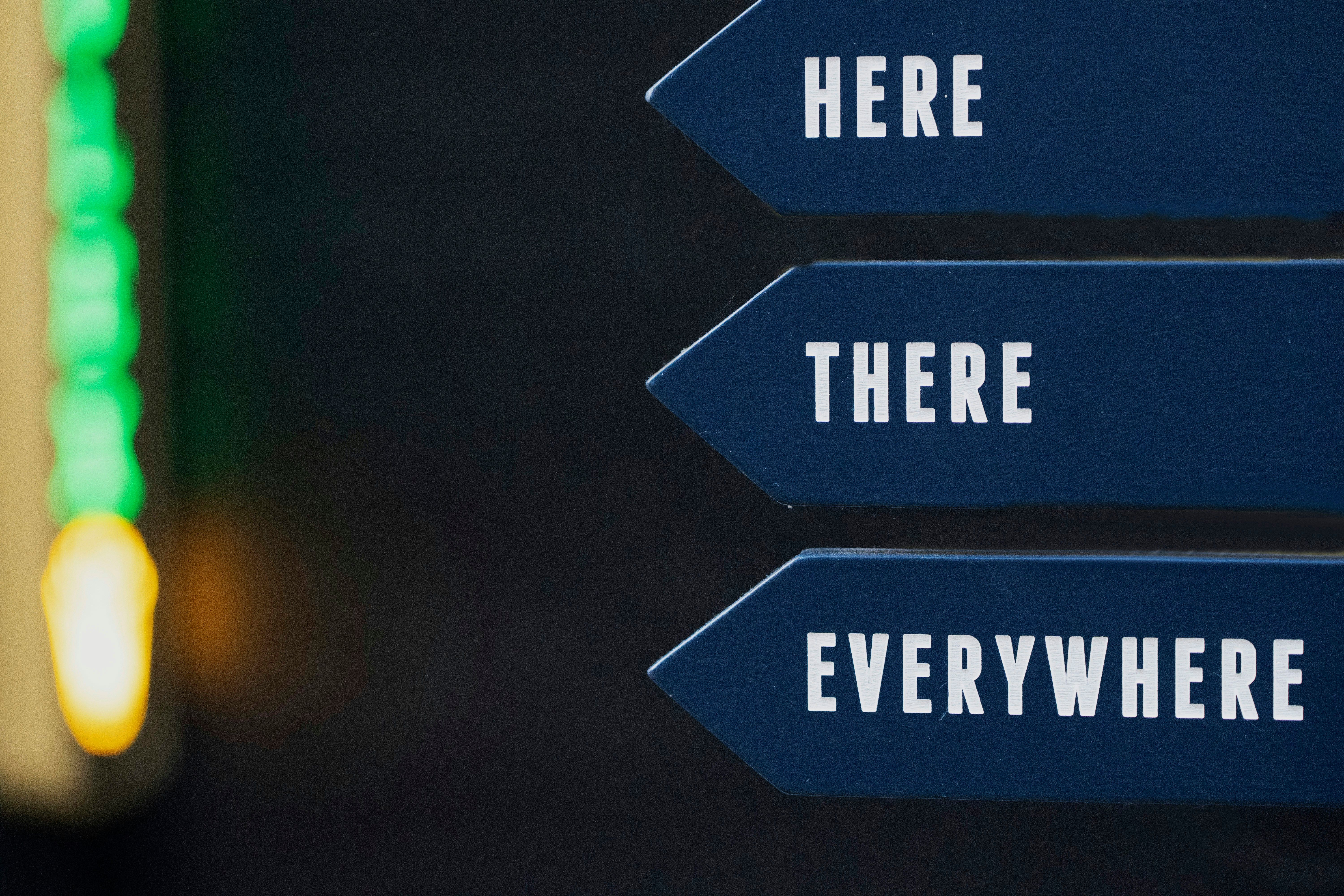From Rough Start to Challenging Coalition: A Government's Struggle for Stability on Illner
"Troubles loom at the outset"
The newly-elected federal government has hit the ground running, yet they've faced more bumps than anticipated. For the first time in German history, a federal chancellor was elected in a second round. Alexander Dobrindt, the Federal Minister of the Interior for the CSU, remains optimistic despite the initial rocky beginning. He shares his thoughts on the cooperation between the CDU, CSU, and SPD, and the stances on crucial policy areas, during a discussion on Illner.
Facing a lack of two-thirds majority in the Bundestag, the coalition needs the Greens and The Left for specific projects. Yet, Dobrindt is hesitant to consider legislative collaborations with The Left. He leaves the door open for "procedural decisions," indicating room for negotiations. Differences may surface, as the coalition and The Left, currently in opposition, demonstrate contrasting priorities.
In migration policy, Dobrindt has already made decisive moves, increasing border controls, and prompting an increase in overtime for federal police officers, potentially compromising the guarding of train stations. Another divisive issue is border rejection of asylum seekers, where Dobrindt suggests rejecting applicants who demand asylum because they are entering Germany from a seemingly safe third country.
As Germany grapples with the asylum issue that burdens the entire European Union, critics question the legality of Dobrindt's measures, and political opponents point fingers at the coalition, alleging scattered governance and breaking European law. The government's handling of the AfD also finds itself under scrutiny, with Green Party faction leader Katharina Dröge demanding further clarification on the issue.
With the coalition at a delicate stage, it will be essential to navigate potential conflicts with The Left, secure support for crucial legislation, and maintain a strong grip on European policy to ensure the coalition's longevity.
Alexander DobrindtCDUCSUThe LeftMigration PolicyEuropean UnionAfD
- Alexander Dobrindt, a minister from the CDU-CSU alliance, expresses optimism about coalition politics despite initial challenges, highlighting crucial policy areas during a discussion on Illner.
- The German coalition, with a lack of two-thirds majority in the Bundestag, relies on the Greens and The Left for specific projects, but Dobrindt remains hesitant about legislative collaborations with The Left.
- In migration policy, Dobrindt has implemented stricter controls and increased overtime for federal police officers, potentially affecting the security of train stations. He also suggests border rejection of asylum seekers entering from a seemingly safe third country.
- Critics question the legality of Dobrindt's migration policies and accuse the coalition of scattered governance and potential European law violations, while the government's handling of the AfD also faces scrutiny, prompting calls for further clarification from political opponents.








